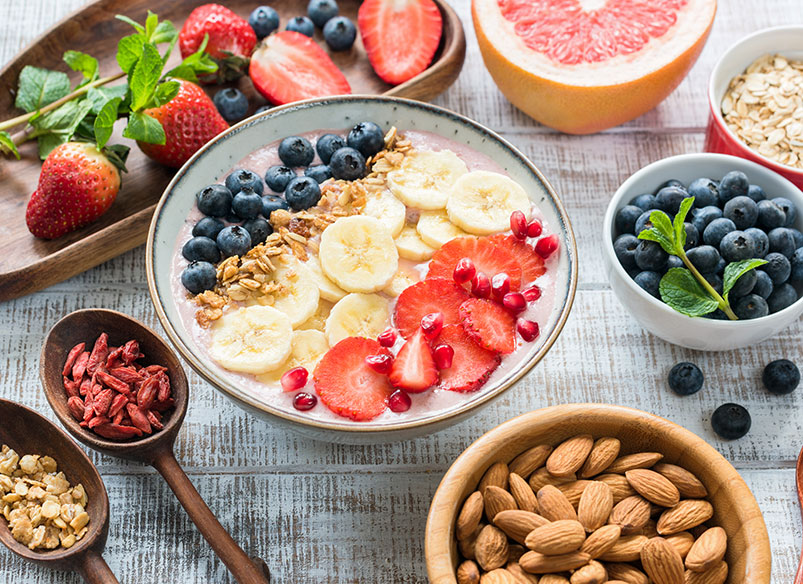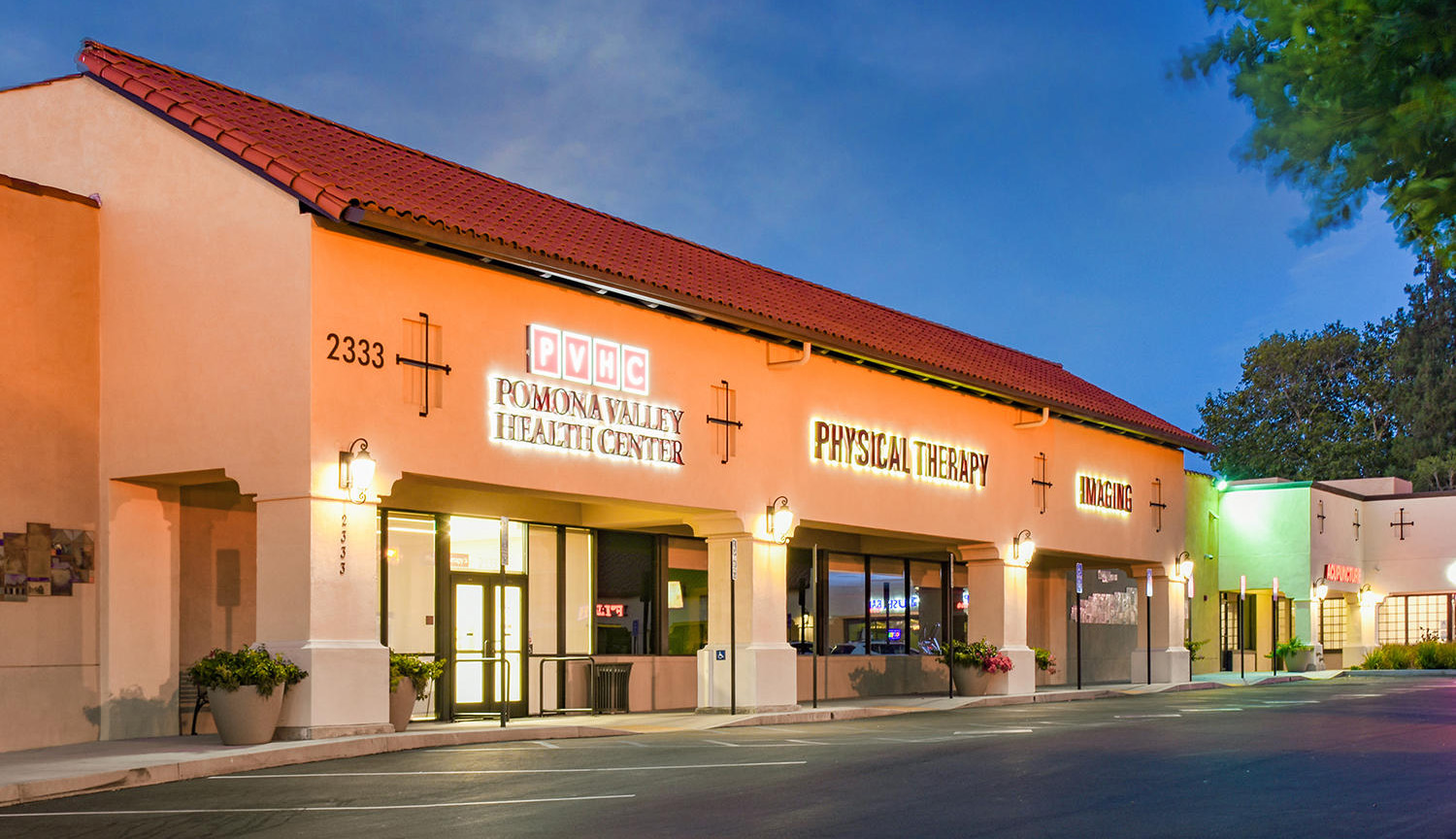 Eating too much sugar can not only cause weight gain, but it can also affect the elasticity of your skin, which can lead to premature wrinkles. Too much sugar can damage elastin and collagen molecules in the skin, which can lead to dark circles, wrinkles, dehydrated skin and can fast-track the aging process. But that’s not all. Overconsumption of sugar can lead to a host of more serious health conditions like high blood pressure, inflammation, diabetes, heart disease and fatty liver disease.
Eating too much sugar can not only cause weight gain, but it can also affect the elasticity of your skin, which can lead to premature wrinkles. Too much sugar can damage elastin and collagen molecules in the skin, which can lead to dark circles, wrinkles, dehydrated skin and can fast-track the aging process. But that’s not all. Overconsumption of sugar can lead to a host of more serious health conditions like high blood pressure, inflammation, diabetes, heart disease and fatty liver disease.
According to the Centers for Disease Control and Prevention, the average daily intake of sugars in 2018 was 17 teaspoons for children and adults (ages 2 and up). For comparison, the American Heart Association suggests an added-sugar limit of no more than 100 calories per day (about 6 teaspoons) for most women and no more than 150 calories per day (about 9 teaspoons) for most men.
As you can see, most children and adults in America are consuming more than double the suggested amount of sugar each day.
Seven health risks of too much sugar
Here are seven health risks of eating too much sugar:
- Weight gain
Rates of obesity are on the rise across the globe, and added sugar, especially from sugar-sweetened beverages, is thought to be one of the main culprits. Moreover, overconsumption of sugar-sweetened beverages is linked to an increased amount of visceral fat in the abdomen, which is a type of fat associated with conditions like diabetes and heart disease.
- Heart disease
High-sugar diets can lead to obesity, inflammation and high triglyceride, blood sugar and blood pressure levels, which are all risk factors for heart disease. Heart disease is a collection of diseases and conditions that cause cardiovascular problems like diseased vessels, structural problems and blood clots.
- Acne
Sugary foods can quickly spike blood sugar and insulin levels, which leads to increased androgen secretion, oil production and inflammation. All of these side effects can contribute to acne development.
- Type 2 diabetes
Prolonged high-sugar consumption contributes to resistance to insulin, a hormone produced by the pancreas that regulates blood sugar levels. Insulin resistance causes blood sugar levels to rise and strongly increases your risk of diabetes.
- Cancer
A diet rich in sugary foods and beverages can lead to obesity, which significantly increases your risk of cancer. It can also lead to inflammation in your body, which can lead to insulin resistance, both of which can increase your risk of cancer.
- Depression
Overconsumption of processed foods, like cakes and sugary drinks, has been associated with a higher risk of depression. Depression is a mood disorder that causes a persistent feeling of sadness and loss of interest and can interfere with your daily functioning.
- Fatty liver disease
In the liver, fructose (sugar) is converted into energy or stored as glycogen. However, the liver can only store so much glycogen before excess amounts are turned into fat. This can lead to fatty liver disease.
How to eat less sugar
Here are three easy ways to stop eating sugar:
- Eat fresh fruit
Fresh fruits are better for you than canned fruits because the processing removes all of the nutrients. Canning fruit in high fructose corn syrup coats pieces of fruit with lots of added sugar. For example, one-half cup of canned pears contains as many as 12 grams of high fructose corn syrup, whereas one-half cup of freshly sliced pears contains about 7 grams of natural sugars. Natural sources of sugar are digested slower and help you feel full for a longer time. It also helps keep your metabolism stable.
- Opt for diet or non-soda carbonated beverages
The healthiest beverage is, of course, water, but if you would like a better alternative to regular soda, opt for a diet option or non-soda carbonated beverage instead. Regular soda is generally a mixture of carbonated water and sweeteners, like high fructose corn syrup or sucrose, phosphoric acid and caffeine. One 12-ounce can of regular soda contains 10-11 teaspoons of sugar. Diet soda contains similar ingredients but uses sugar substitutes like aspartame, acesulfame, potassium, sucralose and stevia.
- Watch serving sizes
Knowing the correct portion or serving sizes can help limit your daily intake of sugar. Serving sizes have become distorted from actual portions, especially at restaurants. One way to avoid overeating is to ask for a to-go container right away and store half before you begin eating. If you have type 1 diabetes, the reason portions are so important is your insulin dose is based on what you eat. If you have type 2 diabetes, overdoing it on portions can directly affect your blood sugar.
Sugar can lead to a number of serious health conditions, such as diabetes, heart disease, cancer and high blood pressure. For these reasons and more, added sugar should be kept at a minimum whenever possible, which is easier when you eat a healthy diet based on whole foods like fresh fruits, vegetables, lean meats and whole grains.
Delicious snacks that are naturally low in sugar
Choosing healthy snacks can be tricky, especially if you’re constantly on the go. Here are some delicious snack options that are good for you and naturally low in sugar:
- Carrots with ranch dip
- Vegetables with hummus dip
- Pepper jack cheese sticks
- Grapefruit
- Hard-boiled eggs
- Berries with cottage cheese
- Granny smith apple with peanut butter
- Roasted and salted pistachios
- Dry roasted and salted pumpkin seeds
- Dried fruits and nuts trail mix
If you’d like to learn more about the types of lifestyle changes you can make to improve your overall health or need ongoing care for chronic conditions, call Pomona Valley Health Centers at 909-378-9173 and schedule an appointment.
 Eating too much sugar can not only cause weight gain, but it can also affect the elasticity of your skin, which can lead to premature wrinkles. Too much sugar can damage elastin and collagen molecules in the skin, which can lead to dark circles, wrinkles, dehydrated skin and can fast-track the aging process. But that’s not all. Overconsumption of sugar can lead to a host of more serious health conditions like high blood pressure, inflammation, diabetes, heart disease and fatty liver disease.
Eating too much sugar can not only cause weight gain, but it can also affect the elasticity of your skin, which can lead to premature wrinkles. Too much sugar can damage elastin and collagen molecules in the skin, which can lead to dark circles, wrinkles, dehydrated skin and can fast-track the aging process. But that’s not all. Overconsumption of sugar can lead to a host of more serious health conditions like high blood pressure, inflammation, diabetes, heart disease and fatty liver disease.



